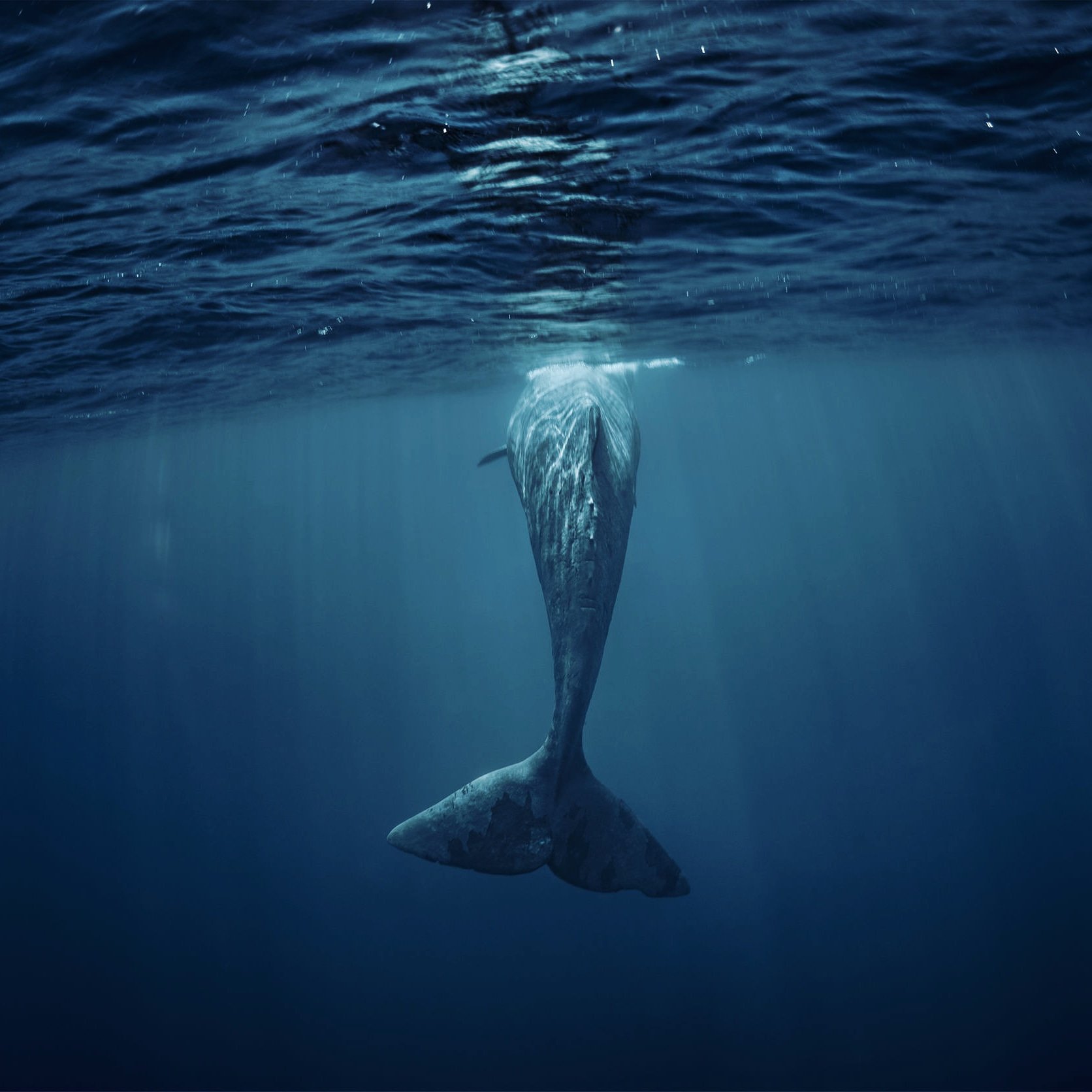In this issue, we’ve included Boating BC‘s 10 Tips for Green Boating to help you make environmentally friendly choices when out on the water. We all want to do the right thing, but sometimes it’s hard to know just what that right thing is. To that end, we’ve also included an article on what to do—and what not to do—when critters and marine life find their way on board. Perhaps less obvious is the damage that can be done below the water’s surface. So, we’ve also included an article with information on eelgrass and the significant role it plays in our coastal ecosystems—and how, as boaters, we can help protect it.
We recognize the potential impact that boats have on the marine ecosystem and the communities we enjoy. It’s up to all of us to understand how we can minimize our impact and practise responsible environmental stewardship.
10 Tips for Green Boating
- Responsible Sewage Management
Manage all sewage responsibly by using pumpout services where possible and/or dumping sewage in deep open water, away from anchorages, sensitive areas, shellfish beds and swimmers. It is illegal to release sewage at the dock, in anchorages, near sensitive areas or within three miles of shore. - Greywater Discharge
Reduce greywater discharge (from sinks and showers). - Refuel Responsibly
Small spills from recreational boaters add up and have a negative impact on the environment. Take care when fueling by not rushing and using oil absorbent rags and other devices to make sure no fuel goes in the water. If you do experience a small spill, contain it with a spill kit or report it at 1-800-OILS-911. - Bilge Management
Use bilge filters or bilge pads to absorb oil and fuel so none gets pumped overboard accidentally. - Use Eco-Products
Maintain the boat using environmentally responsible products or alternatives. Avoid chlorine and petroleum distillates. - Pick the Right Paint
Use hard bottom paint (non-sloughing), or eco-friendly alternatives. - Waste Disposal
Dispose of all wastes properly. Remember that many remote areas do not have garbage facilities and it is illegal to throw anything overboard, even organic food waste! - Work with Responsible Boat Yards
Haul out at responsible boat yards with containment policies and equipment so sanding remnants and scrapings don’t end up in the water. - Look for Clean Marinas
Support marinas with responsible environmental policies and practices. - Get Informed on Invasive Species
Aquatic invasive species can be spread on your hull, in the bilge and on the boat trailer. Clean, drain and dry out your boat, trailer and equipment when relocating. It is against the law in BC to transport invasive species—for more information visit bcinvasives.ca.
For more detailed information about green boating, download the GSA’s Guide To Green Boating (georgiastrait.org/work/cleanmarinebc/greenboatingguide).
